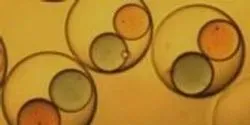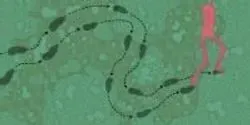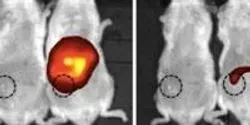drug delivery
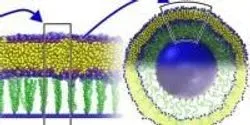
Computational models suggest new design for nanoparticles used in targeted drug delivery

Lung cancers attract circulating immune cells to the tumor mass, where the cancer reprograms them to support its growth and progression, researchers from Weill Cornell Medical College have found.
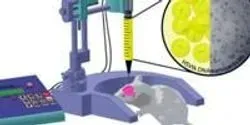
Researchers funded by the National Institute of Biomedical Imaging and Bioengineering have designed a nanoparticle transport system for gene delivery that destroys deadly brain gliomas in a rat model, significantly extending the lives of the treated animals. The nanoparticles are filled with genes for an enzyme that converts a prodrug called ganciclovir into a potent destroyer of the glioma cells.

Kyle Lampe, an assistant professor of chemical engineering in the University of Virginia’s School of Engineering and Applied Science, is growing cells in three-dimensional hydrogels, an environment closer than petri dishes to how cells grow on their own. He can control the hydrogel’s softness or stiffness, and by raising the cells in a three-dimensional solution, the cells react more closely to how they would in nature

